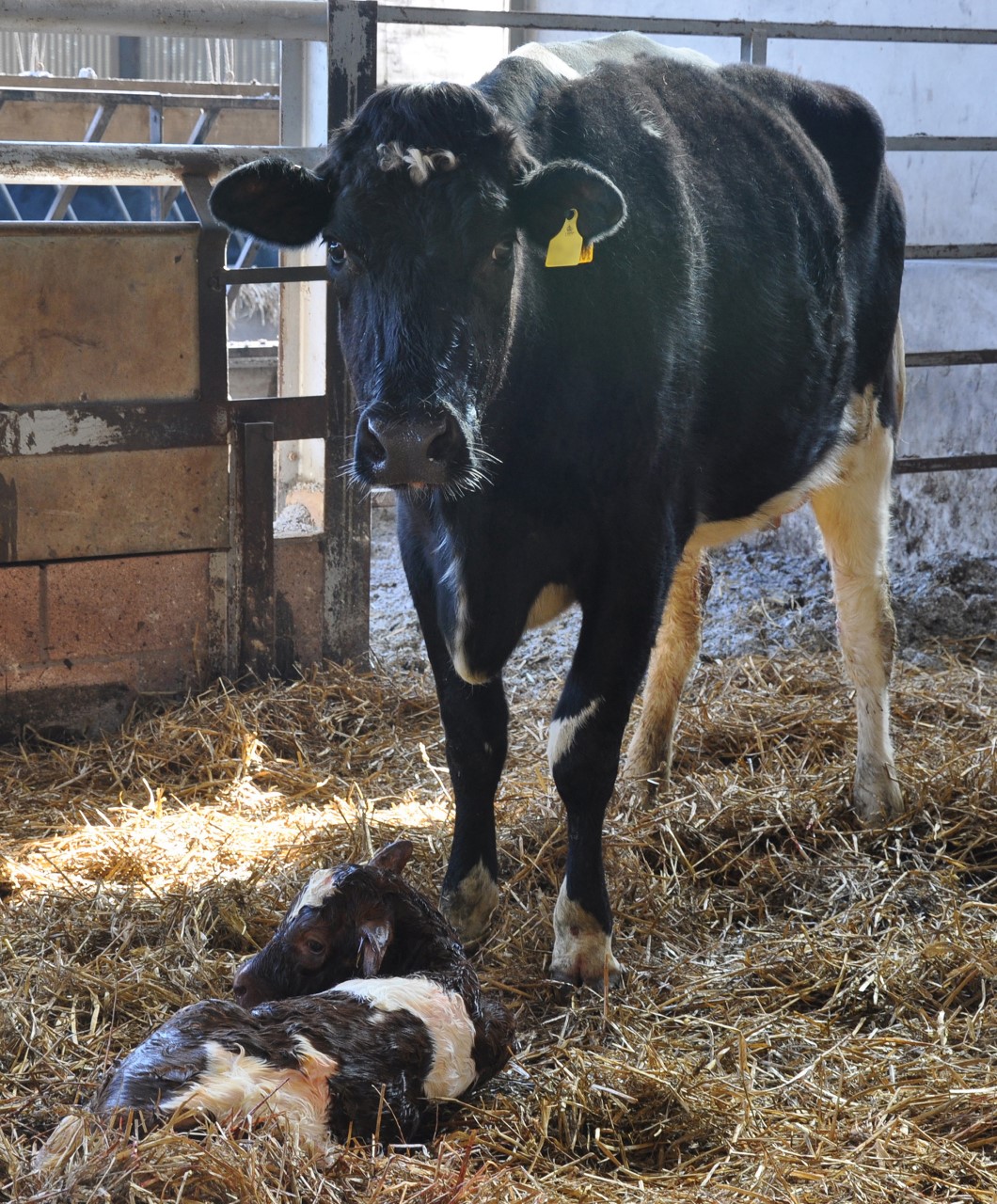



Pirbright researchers hope to tackle cattle disease with two new projects
The Pirbright Institute has earmarked €3.5 million for two projects designed to improve pig and cattle health.The research aims to tackle three important livestock viruses – bovine respiratory syncytial virus (BRSV) in cattle, and porcine reproductive and respiratory syndrome virus (PRRSV) and African swine fever virus (ASFV) in pigs.

The projects have been funded through the International Coordination of Research on Infectious Animal Diseases (ICRAD) Transnational Collaborative Research Project. Both projects involve the collaboration of multiple research organisations within the European Union.
The first project, called NEOVACC, is coordinated by Pirbright’s Professor Simon Graham and aims to develop vaccine strategies to improve protection of new-born animals against BRSV and PRRSV. BRSV is a major cause of cattle respiratory disease outbreaks globally. PRRSV is considered to be one of the most economically important diseases affecting the global pig industry, with estimated losses in Europe exceeding €1.5 billion per year.
NEOVACC will receive €2.1 million to test vaccine strategies designed to enhance immune responses against these diseases in new-borns. When animals are born, they are shielded from disease by antibodies that their mothers have passed on to them via their milk. However, these antibodies prevent vaccines from working effectively, meaning that when the mother’s antibodies fade from the new-born’s system, they are vulnerable to infection.
Six research partners will work together to improve protection by specifically targeting the vaccines to new-born immune systems, enhancing vaccine delivery and engineering drugs that boost new-born responses to vaccines.
Professor Simon Graham said: “We are excited to begin work on the NEOVACC project. The consortium brings together a range of complimentary expertise and knowledge to apply to our novel vaccine strategies, which we hope will provide young animals with enhanced protection against two important endemic diseases.”

The second project, ASFVInt, focuses on identifying the roles of around half of the 150-170 genes contained in the ASFV genome. This deadly pig disease was estimated to have caused China US$ 141 billion in direct economic losses in 2019. The spread of ASF in the EU continues to pose a risk to the health of animals and the economies of UK and EU countries.
Little is known about how ASFV genes contribute to infection and disease in pigs. This is partially due to the size of its genome, which is around five times the size of the virus that is responsible for COVID-19. There are currently no vaccines or treatments available for ASF, so understanding which ASFV genes are important for replication and immune system interaction will help scientists to develop these vital disease control tools.
Co-led by Pirbright’s Dr Chris Netherton, six partners will receive €1.4 million to investigate 80 ASFV genes and decipher what they each do during infection. They will use this data to see if there are specific genes that are important for replication or that the virus uses to avoid the pig immune response. This could provide new pathways for antivirals to target or additional genes that could be used in vaccine development.
Dr Chris Netherton remarked: “Control measures against ASFV are limited by our relatively poor understanding of how ASFV manipulates the host immune response. The ASFVint project will help fill this gap by bringing together expertise from a range of disciplines brought by partners drawn from across Europe. Together we hope to build a road map which help uncover novel ways to combat this fascinating but dangerous virus.”


